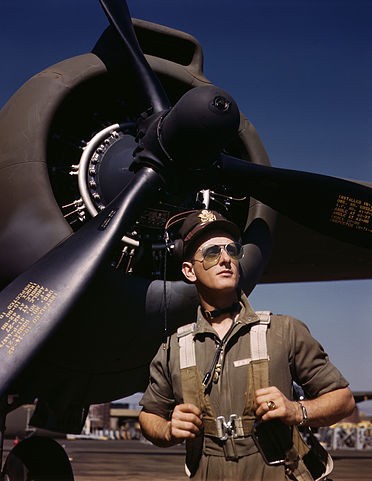Aircraft pilots, whether they fly commercial airliners, private planes, or military aircraft, must master a range of essential skills to ensure safe and efficient flight. These skills encompass both technical abilities and decision-making capabilities. Here are the essential skills every aircraft pilot must master:
1. Flying Skills:
- Aircraft Control: The pilot must have precise control over the aircraft, including handling takeoffs, landings, and maintaining stable flight at various altitudes and speeds.
- Navigation: Pilots need to be skilled at reading and interpreting navigational charts, instruments, and GPS systems to plan and execute routes accurately.
- Aerodynamics: Understanding the principles of aerodynamics is crucial for efficient flight and to mitigate risks associated with turbulence and weather conditions.

2. Communication Skills:
- Radio Communication: Pilots must communicate effectively with air traffic control (ATC) and other aircraft. Clear, concise, and accurate radio communication is vital for safe air traffic management.
- Crew Coordination: For multi-crew operations, especially in commercial aviation, effective communication and teamwork among the flight crew are essential.
3. Decision-Making and Judgment:
- Risk Assessment: Pilots must assess and manage risks, including weather conditions, mechanical issues, and other safety factors, to make informed decisions about flight routes and operations.
- Emergency Procedures: Being prepared to handle emergencies, such as engine failures or cabin depressurization, requires quick, sound decision-making and effective problem-solving.
4. Weather Interpretation:
- Pilots need to understand meteorology to interpret weather reports, forecasts, and observations. This knowledge helps them navigate safely and avoid severe weather conditions.
5. Aircraft Systems:
- Understanding the aircraft’s systems, including engines, avionics, hydraulics, and electrical systems, is crucial for diagnosing and addressing technical issues.
6. Regulatory Knowledge:
- Pilots must be well-versed in aviation regulations, including airspace classifications, flight rules, and air traffic control procedures to ensure legal and safe operations.
7. Instrument Flying:
- Pilots need to be proficient in flying solely by reference to instruments in cases of reduced visibility, such as in clouds or low-visibility conditions.
8. Aviation Medicine:
- Knowledge of aviation medicine helps pilots understand the physical and psychological effects of flying on the human body and how to address health-related issues that may arise during flight.
9. Flight Planning:
- Effective flight planning involves considering factors like fuel requirements, alternate airports, and optimal routes to ensure efficient and safe operations.
10. Airmanship:
Airmanship encompasses the qualities of professionalism, discipline, and situational awareness that contribute to safe and effective piloting.
11. Communication with Passengers:
In the case of commercial aviation, pilots should be capable of communicating with passengers during various phases of the flight and in emergencies.
12. Adaptability:
The aviation environment can change rapidly, so pilots need to adapt to unexpected situations and challenges with composure and sound decision-making.
13. Maintenance Knowledge:
Pilots should have a basic understanding of aircraft maintenance to recognize and report any visible or operational issues.
Pilots undergo rigorous training and must demonstrate proficiency in these essential skills to obtain and maintain their licenses and certifications. Continuous education, recurrent training, and adherence to safety protocols are also crucial in the dynamic field of aviation.











